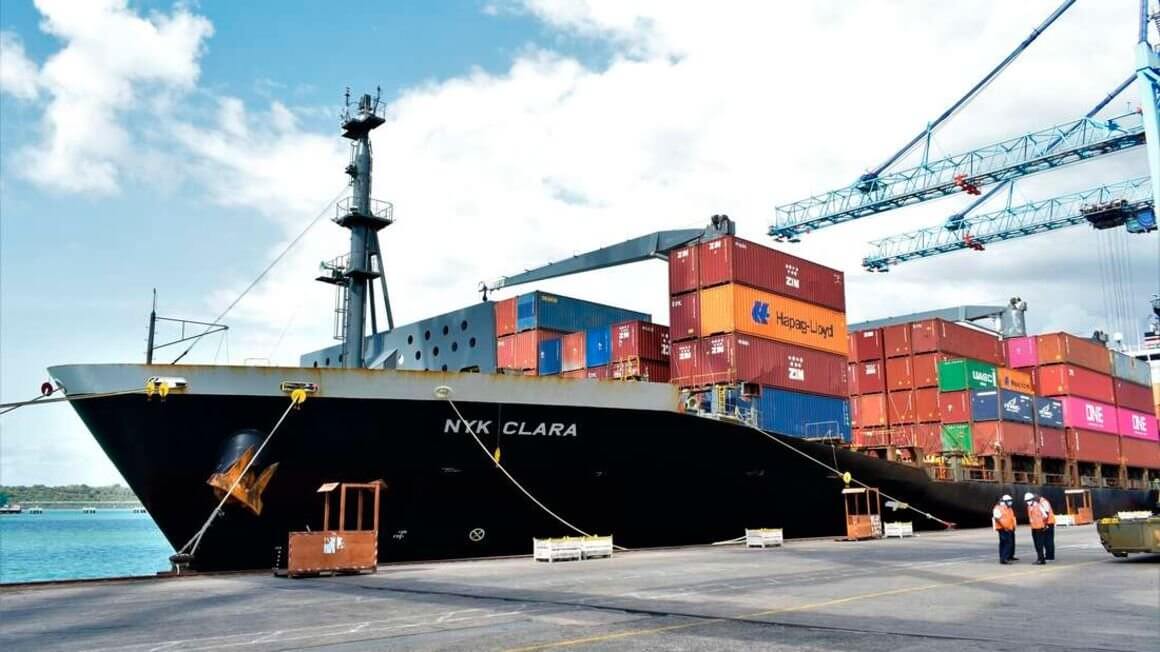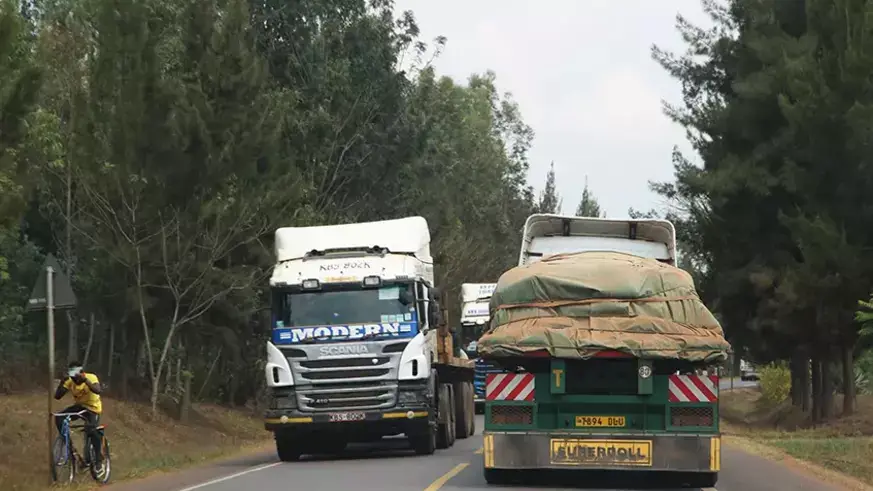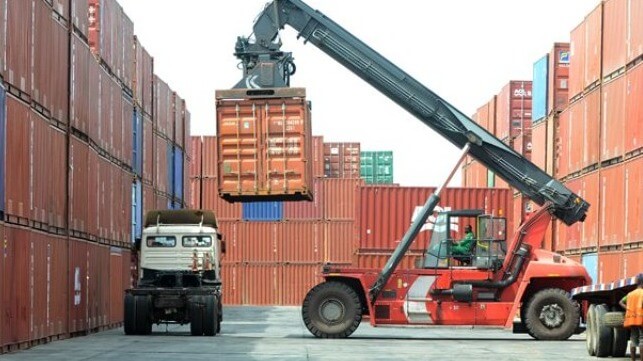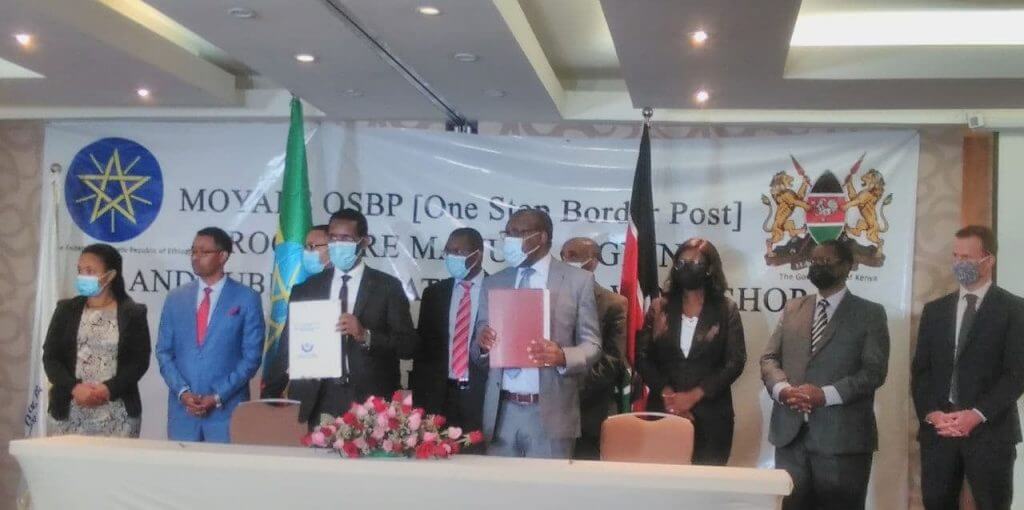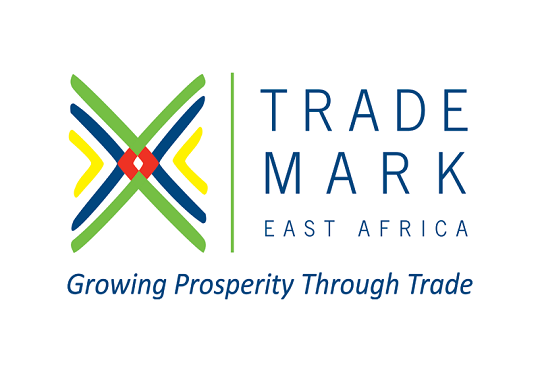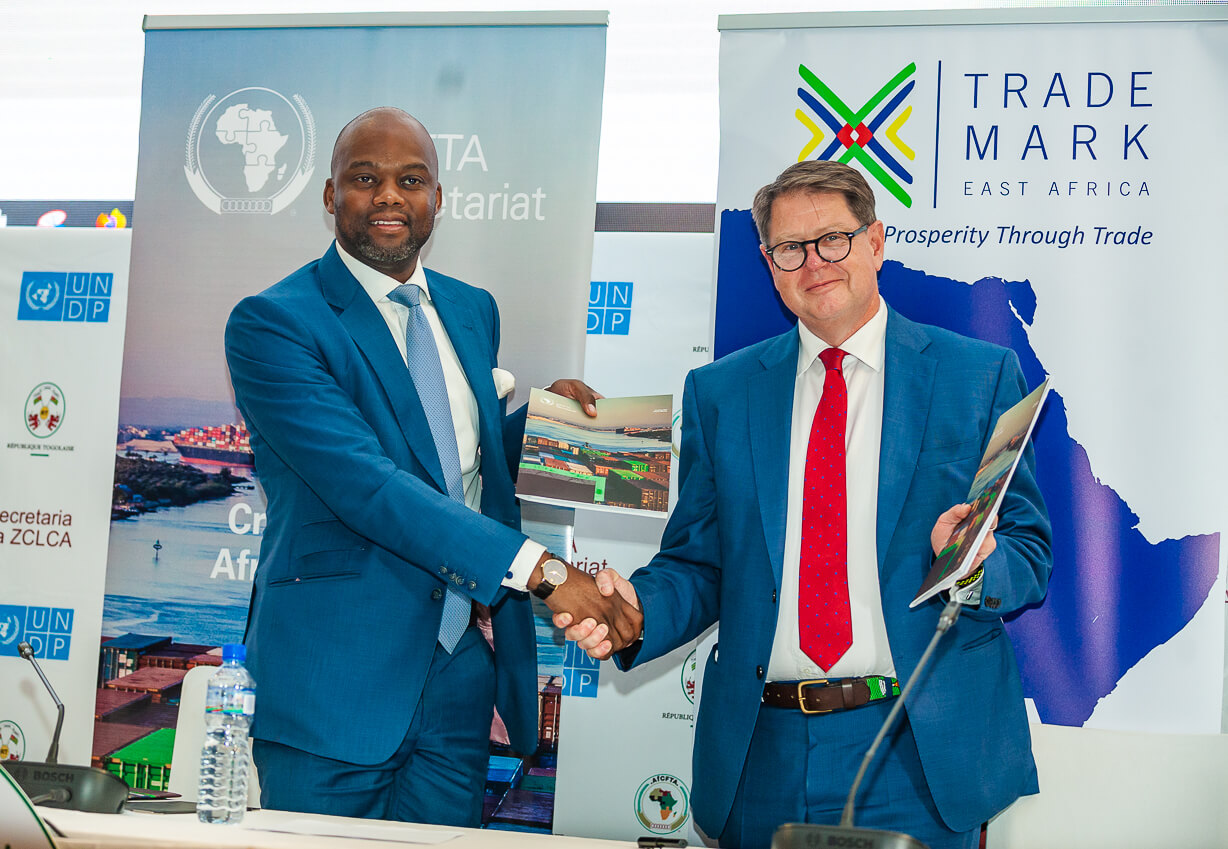The African Export-Import Bank (Afreximbank) and AfCFTA Secretariat announced the operational roll-out of the Pan-African Payment and Settlement System (PAPSS), a Financial Market Infrastructure to enable instant, cross-border payments in local currencies between African markets. By simplifying cross-border transactions and reducing the dependency on hard currencies for these transactions, PAPSS is set to boost intra-African trade significantly and underpin the implementation of the African Continental Free Trade Area (AfCFTA). PAPSS will serve as a continent-wide platform for the processing, clearing and settling of intra-African trade and commerce payments, leveraging a multilateral net settlement system. Its full implementation is expected to save the continent more than $5 billion in payment transaction costs each year. Benedict Oramah, President of Afreximbank and Chairman person of PAPSS Management Board, said: “With the implementation of PAPSS, Africa can expect to begin to reap the fruits of the African Continental Free Trade Agreement. Afreximbank is proud to have contributed in the realization of the multi-decade dream that seemed unachievable just a few years ago. PAPSS is not positioned to replace existing regional and national payment systems but to collaborate and work with them in better integrating African economies for the benefit of all. We thank the African Union, the AfCFTA Secretariat, the West African Monetary Institute and African Central banks for a remarkable outcome.” The development of a pan-African payments infrastructure has been made possible by some of the continent’s leading institutions. The platform has been developed by Afreximbank, who also acts as the main Settlement...
Afreximbank, AfCFTA announce operational roll-out of Pan-African Payment and Settlement System
Posted on: October 4, 2021
Posted on: October 4, 2021


